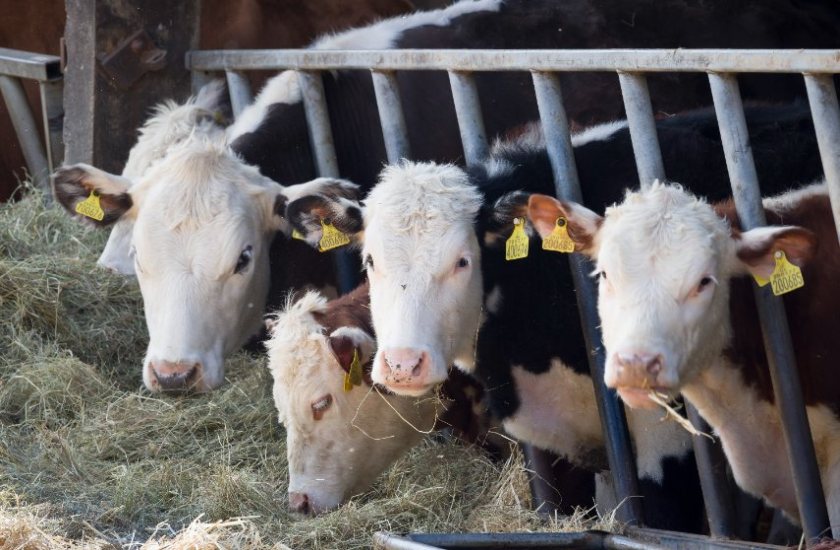
A lack of clarity over policy agendas and future financial incentives are hindering beef farmers in making the transition to net zero, researchers warn.
Practical and financial barriers associated with reducing carbon footprints are standing in the way of the sector, Rothamsted Research and the University of Exeter say.
Other barriers include concerns over taking land out of food production, and how funding would be secured for infrastructure improvements such as manure storage systems, or the machinery and specialist equipment needed to farm in ways which minimise carbon footprints.
The report specifically looked at the beef sector in Devon’s ‘Ruby Country’, the name given to the rural inland hinterland in the north-west of the county.
Dr Alice Moseley, from the University of Exeter, said farmers there had concerns that a one-size fits all approach to net zero wouldn’t work, and further support was needed.
“While they supported a focus on environmental issues, they also wanted to see a recognition within policy that farmers also need to make a living - the financial returns for farmers adopting agroforestry for example are very long term.
"Current financial challenges and changes in the sector make this all the more difficult, with farms having little if any spare cash to invest in new tools or infrastructures necessary to achieve net zero goals."
Dr Moseley added that the financial pressures within the farming industry had also made it much harder for farms to take risks doing things in new ways.
"Public policy therefore needs to provide the right incentives and levers to enable change to happen within the critical timeframe that is needed to achieve net zero goals”.
Commenting on this point, Andy Gray, a mixed farmer in Ruby Country said: “We need the policy delivered immediately that allows us to benefit from changing our practices to deliver societal good. We have been let down by slow policy development and delivery.
“There are many barriers slowing farmers steps to net zero, some policy, some societal, some practical. Enthusiasm to change is not a barrier, farmers have an appetite to change."
He said a major consideration was the availability of knowledge for farmers to access: "We have lots of science we should be following, there is no central point to access this.
"We need quick ways to deliver the available science to the farmer, the science needs to be more accessible.”
The report also calls for less bureaucratic processes which rewarded both new and existing agricultural practices which are environmentally beneficial, as well as payment schemes which provide support for smaller and tenanted farms.
Farmers told researchers they wanted local planning systems which encourage the development of appropriate infrastructure to support net zero goals, county-wide leadership, and a strategic, joined-up approach to green agendas.
They argued for the need to make the most of county council assets, such as council-owned farms and land, as well as use of the council’s procurement powers to support consumption of sustainably produced food.
Co-author Melanie Wright, from Rothamsted Research said: “Farmers wanted recognition and reward for existing work to promote biodiversity and sustainable farming.
"Carbon capture, for instance, can be achieved in many ways for example, via hedges, bioenergy crops. trees or soil, with different approaches appropriate on different farms.
"There is also a need for locally tailored support from processors, retailers and government to support farmers to make transitions to net zero farming.
"This help should support different routes to market including for smaller and tenanted farms that are a vital part of Devon’s heritage."
